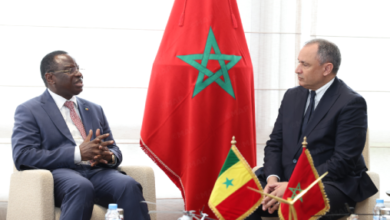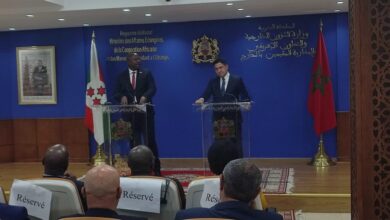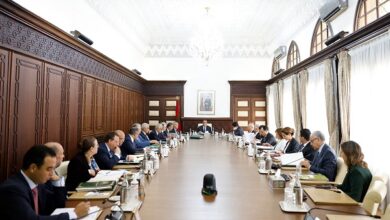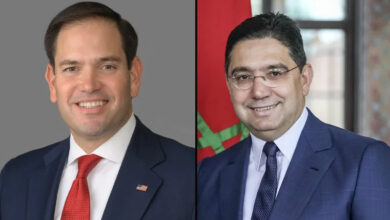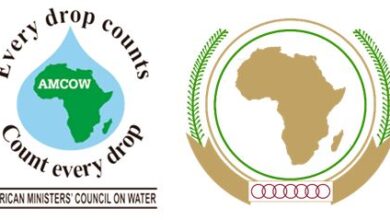Omar Hilale Highlights Morocco’s Commitment to a Middle East Free of Weapons of Mass Destruction in Amman
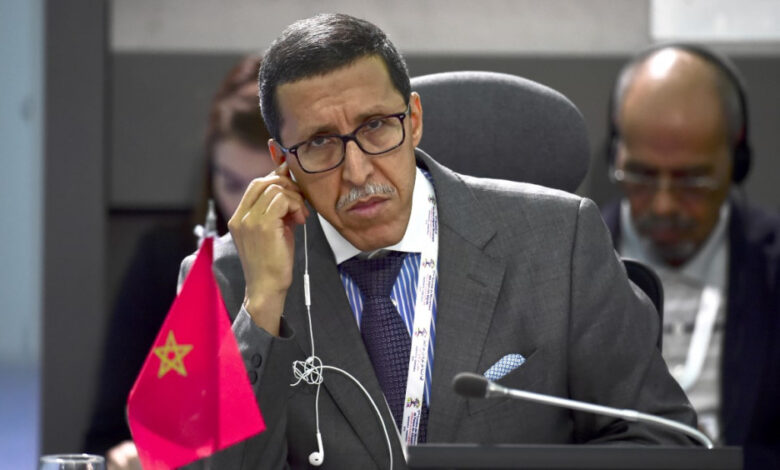
Opening Session of the 6th Conference on Establishing a Zone Free of Nuclear Weapons and Other Weapons of Mass Destruction in the Middle East
During the opening session of the 6th Conference on establishing a zone free from nuclear weapons and other weapons of mass destruction in the Middle East, which is being held for the first time outside the United Nations headquarters in Amman, Moroccan Ambassador to the UN, Omar Hilale, emphasized the unwavering commitment of His Majesty King Mohammed VI, president of the Al-Quds Committee of the Organization of Islamic Cooperation, alongside His Majesty King Abdullah II of Jordan, the Custodian of the Holy Sites in Al-Quds, to the promotion of regional peace, security, and stability.
As the conference chair, Mr. Hilale acknowledged the historical and fraternal ties between Morocco and Jordan, highlighting that both kingdoms share a common vision for a peaceful and stable Middle East, where states coexist in harmony.
In a tense international context marked by armed conflict, the erosion of multilateralism, and repeated violations of international law, Mr. Hilale underscored the urgent need for renewed collective commitment to create a zone free from weapons of mass destruction in a region deemed one of the most strategic in the world.
He acknowledged that this endeavor is complex but achievable, provided it relies on dialogue, diplomacy, and negotiation—the only means capable of building trust and laying the foundations for a collective regional security system.
The ambassador expressed the shared ambition of the participants to see the Middle East transition from a logic of confrontation to a dynamic of cooperation, development, and common prosperity, stressing the necessity of respecting international law and the sovereign commitments of states.
He also highlighted the accumulated experience within the existing five nuclear-weapon-free zones, which encompass more than 100 countries, as a source of inspiration for the work of the third working committee.
This three-day session brings together experts, diplomats, researchers, and representatives from international organizations hailing from the Middle East, Iran, Latin America, Africa, and Asia. It is noteworthy, however, that Israel is absent, continuing its boycott of the conference despite a formal invitation.


